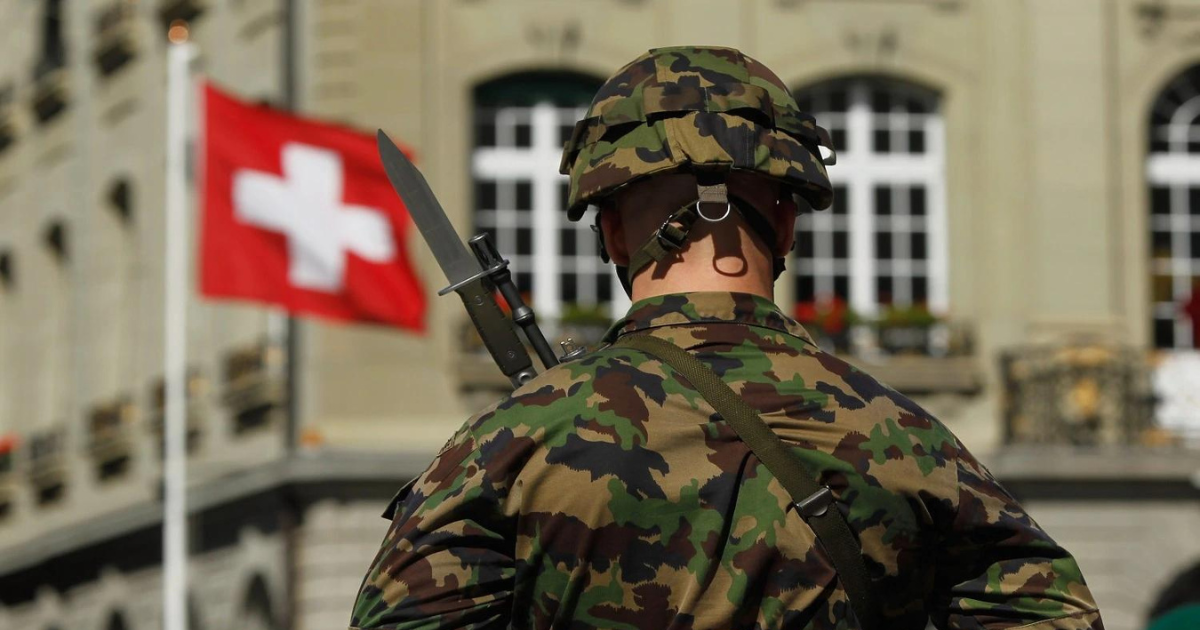As Switzerland gears up to enhance its defence cooperation with neighbouring countries, it is exploring whether to join two of the European Union’s (EU) military projects. The projects in question are focused on cyber defence and military mobility. The move is part of the country’s efforts to strengthen its security, particularly given the potential threat posed by Russia since its full-scale attack on Ukraine in February 2022.
The EU’s Permanent Structured Cooperation (PESCO) framework seeks to deepen defence cooperation among EU member states and share scarce defence resources. It aims to pool the resources of the participating countries to make their defence capabilities more efficient. The initiative has 60 defence projects in progress. Since the opening of the PESCO projects to third countries, Switzerland’s Defence Ministry has been continuously reviewing the projects to identify potential interests and contributions.
Military Mobility
The military mobility project is aimed at reducing red tape, developing common standards, and identifying routes between the project’s members to reduce delays and facilitate the movement of troops and equipment. Since Russia’s war in Ukraine, the significance of military mobility across Europe has increased as countries have been transferring all sorts of defence equipment across the bloc or from the other side of the Atlantic. In November 2022, the European Commission revised its original plan, proposing to extend it to include routes that link the bloc to Moldova and Ukraine, as well as the Western Balkans.
Cyber Defence
Cyberspace has become an increasingly challenging area over the past few years, with cyber-attacks being conducted against hospitals or governments’ websites shutting down critical systems, among other things. The Cyber Ranges Federation (CRF) is a project led by Estonia, with Bulgaria, Estonia, Finland, France, Italy, Latvia, and Luxemburg as other members. Its goal is to join existing national cyber ranges together to improve cyber defence exercises, knowledge sharing, risk analysis, education and training, and equipment tests. Switzerland’s wish to participate in the PESCO cyber defence project was first reported by Swiss media outlet Blick in August 2022.
Road to Cooperation
In the past few months, Switzerland has been looking at improving its defence cooperation with its partners to request their help to face an attack. The country wants to defend itself autonomously, but this will not always be possible. Depending on the strength of the attacker and the means at its disposal, Switzerland would need the support of other states to defend itself. Last autumn, the Swiss government published a report updating its earlier strategy and stating that it wants to deepen its cooperation with the EU and NATO to better protect itself while remaining a neutral country.
To strengthen its security, Switzerland must be part of this cooperation, and concrete steps must be taken, including improving interoperability between armed forces. This means enhancing the ability of armed forces to work together. The country must prepare for international cooperation in time. The possibilities of cooperation must be utilized to improve defence capability. The collaboration between Switzerland and the EU on specific projects that are thematically in the interest of both parties will not create critical dependencies for neutrality.






